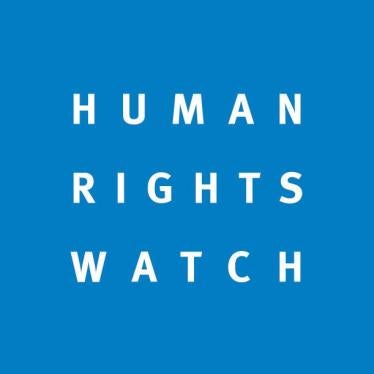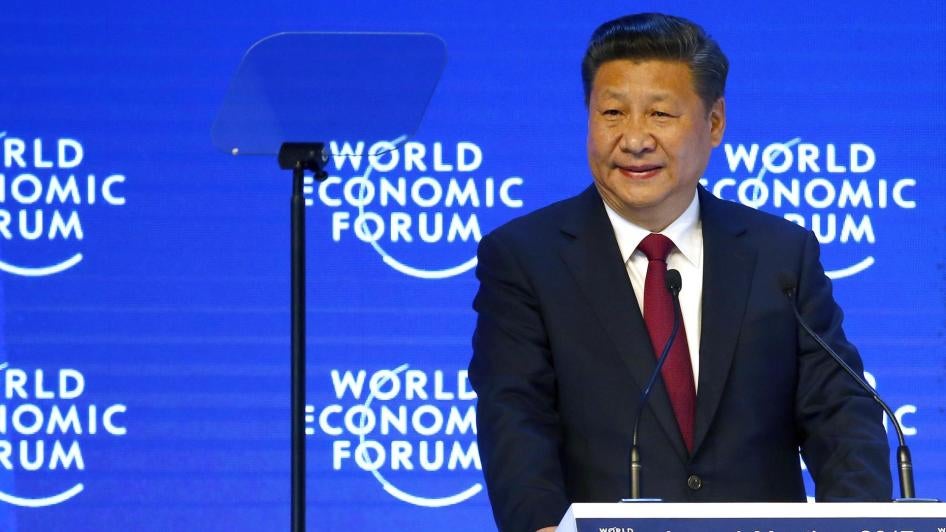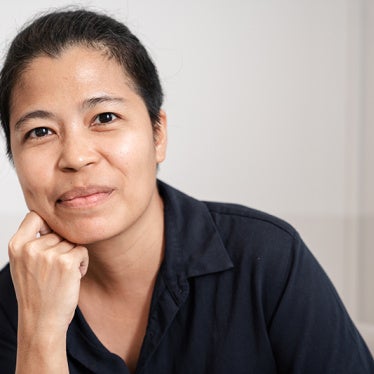China’s President Xi Jinping visited Davos and the United Nations office in Geneva this month, portraying himself as a defender of global order on issues ranging from climate change to peace, as the world anticipates the new Trump administration. Some lapped up this latest “soft power” charm offensive: World Economic Forum President Klaus Schwab lauded Xi’s “responsible and responsive leadership,” while UN Secretary-General Antonio Guterres praised China for being “a central pillar of multilateralism.”
It is true that the Chinese government can excel on important imperatives: Over decades it has drastically reduced maternal mortality, and promoted mass literacy, to cite two examples. But in many realms it has been neither responsible nor responsive. This is largely because people across China have little say in public policies, and those who try to make their voices heard are punished—leaving Beijing able to pursue policies that have had devastating human, economic, and political consequences.
China imposed the “one-child” policy in 1979 in response to a population boom, and despite considerable opposition, the draconian policy wasn’t repealed until 2015. Its destructive legacy lives on: Apart from the trauma inflicted across society, it has left a skewed sex ratio, and a shrinking labor force to support an aging society. Even after the policy was dropped, the government of President Xi—who often portrays himself as a global champion of women’s rights—still plays adeeply intrusive role in women’s reproductive choices and bodily autonomy, limiting both the number of children a couple can have and the intervals at which they can have them.
While President Xi vows to lead the world on climate change, his government’s approach to tackling environmental issues at home is premised upon opacity and muzzling public discussion. The government first praised—but then censored—“Under the Dome,” a documentary on pollution that became too popular in 2015. In February 2016, authorities responded to appalling air quality not by toughening its lax environmental enforcement, but by raising the threshold for issuing the most serious “red” pollution warning in February 2016.
President Xi preached openness in Davos, but his domestic policies aggressively impose the opposite. His government has tightened control over already very limited free speech across platforms from universities to the internet and the mass media. In 2013, the Chinese Communist Party issued “Document No.9,” warning party members against a whole range of “Western” values including democracy, human rights, a free press, and even neo-liberalism. The Chinese government’s hostility towards these values was once reiterated when its top justice, Zhou Qiang, ardently opposed judicial independence in recent state press articles. Xi’s government has also waged a nationwide crackdown on human rights activists and lawyers, torturing and imprisoning them, often labeling them as agents of “foreign governments” bent on subverting China.
President Xi appears to be hoping that his international audiences will simply be charmed into ignoring the fact that his claims of successful leadership rests at least in part on these serious, state-sponsored human rights violations.
But in addition to ignoring those abuses, some international actors appeared willing to enable them. The Swiss government curtailed protests by restricting their duration during Xi’s visit to its capital, andarrested dozens of Swiss nationals for defying them. The World Economic Forum organizers did not allow anyone to ask President Xi questions during his appearance there. The same happened at the UN in Geneva—where human rights are a central concern, and where the Office of the UN High Commissioner for Human Rights is based—Xi spoke at an invitation-only event in which no civil society representatives were allowed. The UN went as far as telling many of its staff members to “work from home” to “ensure security.” It’s no wonder President Xi seemed to feel right at home in these venues—for all the wrong reasons.
The unease felt by many around the world for President Trump’s ascendency should not translate into complacency about Xi Jinping’s China. Many of the solutions to global problems require strong human rights protections, and leaders like Trump and Xi threaten to pay them little mind. As China takes the world stage, governments, institutions, and people around the world will need to push hard to challenge its pledges, not whitewash its abusive record.









